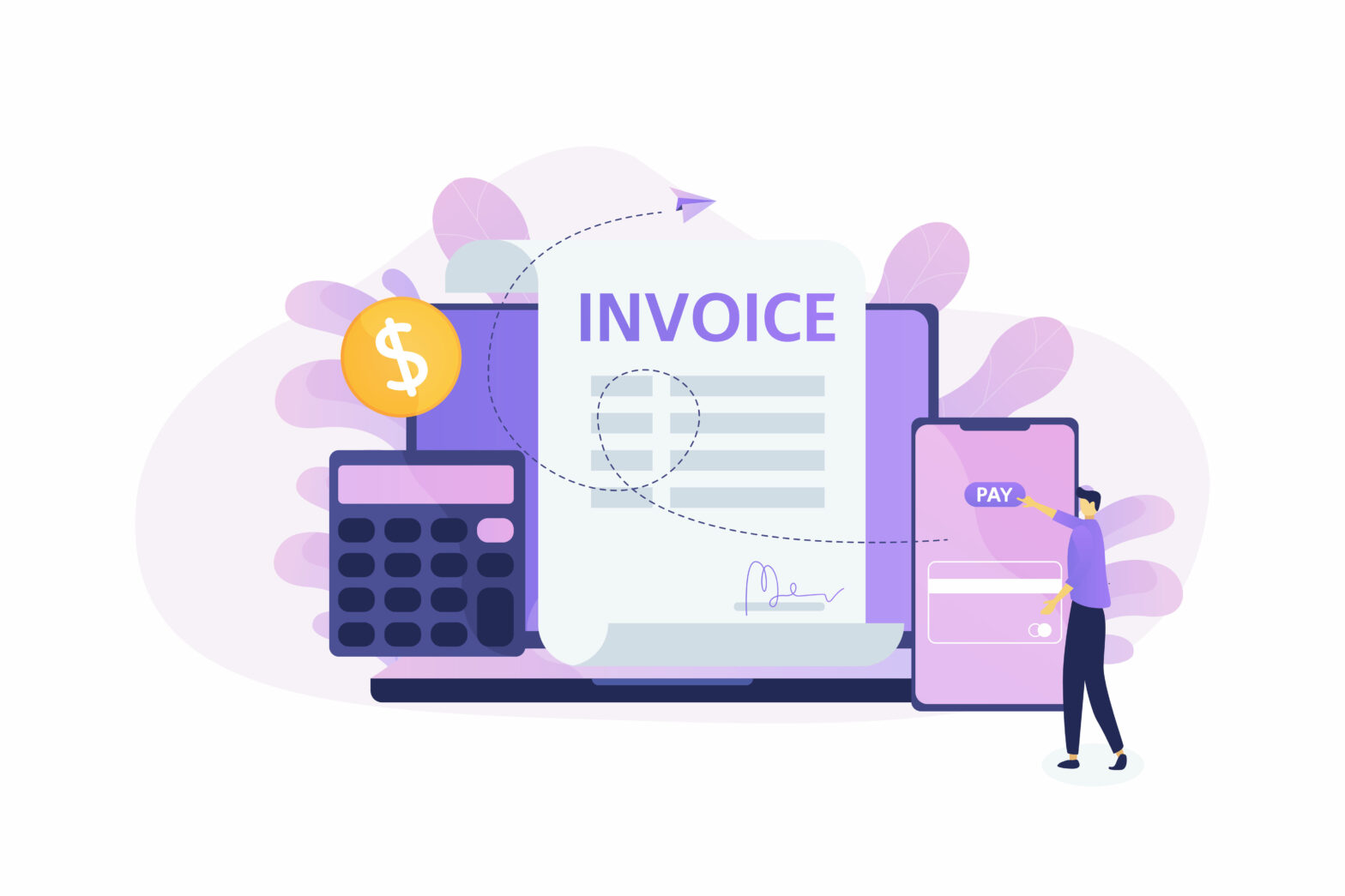The economy may be showing signs of growth, but for small and medium-sized enterprises bank lending continues to be difficult to find. According to the Bank of England, average monthly net lending flow to UK businesses was negative in the three months to November 2014. They point out that net lending by the Funding for Lending Scheme Extension participants to SMEs was less negative than in previous quarters at -£0.1 billion, but this is small comfort to those looking for a loan.
The good news is that there are a number of alternatives available. Through our own experience in seeking investment to start Harbour Key in the middle of the economic downturn, we have become specialists in this area.
Before looking for funding, the first step is to be clear about exactly why you need the money. Is it for new premises or equipment, or to hire new staff? How much will this cost, and how will it improve your profitability and cash flow? Without suitably-costed answers you will not get very far.
You should also consider whether you actually need external finance. For example, an established business may be able to fund itself by making improvements to cash flow through a review of prices, costs, sales, stock levels, debtors etc.
Funding falls into two broad categories: borrowing and capital investment. Borrowing means the business will have to service the debt and you as the owner may have to provide personal guarantees, whereas capital investment involves giving up some part of ownership to the investor.
Sources of borrowing
As well as business loans and overdrafts, most of the main banks offer the Enterprise Finance Guarantee (EFG) loan. This is a government-backed scheme to facilitate lending to viable businesses turned down for a normal commercial loan due to a lack of security or a proven trading record. Although welcome, in our experience businesses have had difficulties in getting banks to agree to EFG loans and cases of mis-selling are now coming to light where an overdraft facility may have been a better option.
Another option is peer-to-peer lending, where your company ‘advertises’ its business and loan proposition on a web-based platform to potential lenders, who indicate their interest and the amount they are prepared to lend. Due to low returns for savers, there has been an 80 per cent growth in funds from investors seeking a better return.
Leasing assets/hire purchase are an option if you need money to buy machinery or equipment. Some companies offer arrangements through organisations such as the Federation of Small Businesses, while others offer favourable terms for start-ups.
Debt factoring and invoicing discounting are commercially different but both are based on the principle of selling your business’s invoices to a third party, which is charged with processing the invoices. Your business can receive loans based on the expected invoice payments.
Company pension schemes are not generally permitted to make loans to their sponsoring employer. One exception is the Small Self-Administered Scheme (SSAS), provided certain conditions are met. However, borrowing from your pension means your fund is at risk.
Lenders of last resort can be considered for small loans where the business has been refused by a bank. These are typically charities or regional/local council initiatives and can lend up to around £20,000. Interest is charged on the unsecured loan, generally slightly higher than a high street lender.
Short-term lenders such as Wonga offer businesses short-term emergency loans to solve cash flow problems, but it is important to consider the interest rates and affordability.
For start-ups, personal loans of up to £25,000 can be obtained from the Government’s start-up loan initiative. The average granted is around £6,000.
Capital investment options
Capital investment requires the business owner to give up part of their ownership. It is important to understand that this may result in third parties being involved in running the business, which should be viewed as positive where the investor brings useful skills, experience and contacts as well as cash.
The main sources of capital investment are:
- Friends and family – often a necessary yet least preferred way of financing growth.
- Web-based crowd source funding, which can either be equity based (shares) or reward based (e.g. a percentage of future returns). Similar to peer to peer lending, it involves pitching the business on a web platform to attract investors.
- Accelerators, which are government or privately backed programmes for young, high growth businesses. They generally provide both funding and support such as mentoring, office space and training.
- Business angels – usually wealthy individuals who have already made their fortune through other business ventures and may provide time and experience as well as money. They may invest on their own or as part of an angel network. Angel funding is typically in the £100,000 to £500,000 range. For larger investments, a venture capital company can be considered.
There are tax advantages for investors in making capital investments to limited companies under the Seed Enterprise Investment Scheme (SEIS) and Enterprise Investment Scheme (EIS). Each scheme has its own qualifying conditions, including the amount that can be invested and the type of trade the company conducts.
Grants
Grants normally relate to specific industry sectors or businesses based in a particular region earmarked for development or regeneration. For example, the government-funded Technology Strategy Board provides grants to bring new products and services to market. Alternatively, your local council may offer small grants for improving your shop front or assisting with training.
Raising finance from an external source can provide a crucial launch pad when growing a business. When looking for funding, you need to consider all your options, how to apply to maximise your chances of success, and whether you meet all the funding criteria.
Phil Mitchell is founder of Harbour Key.
Further reading on business funding
Find finance: SmallBusiness.co.uk has partnered with three trusted lenders to help you find the best financing deals. If you’re looking for fast funding for your business, complete this quick application.





